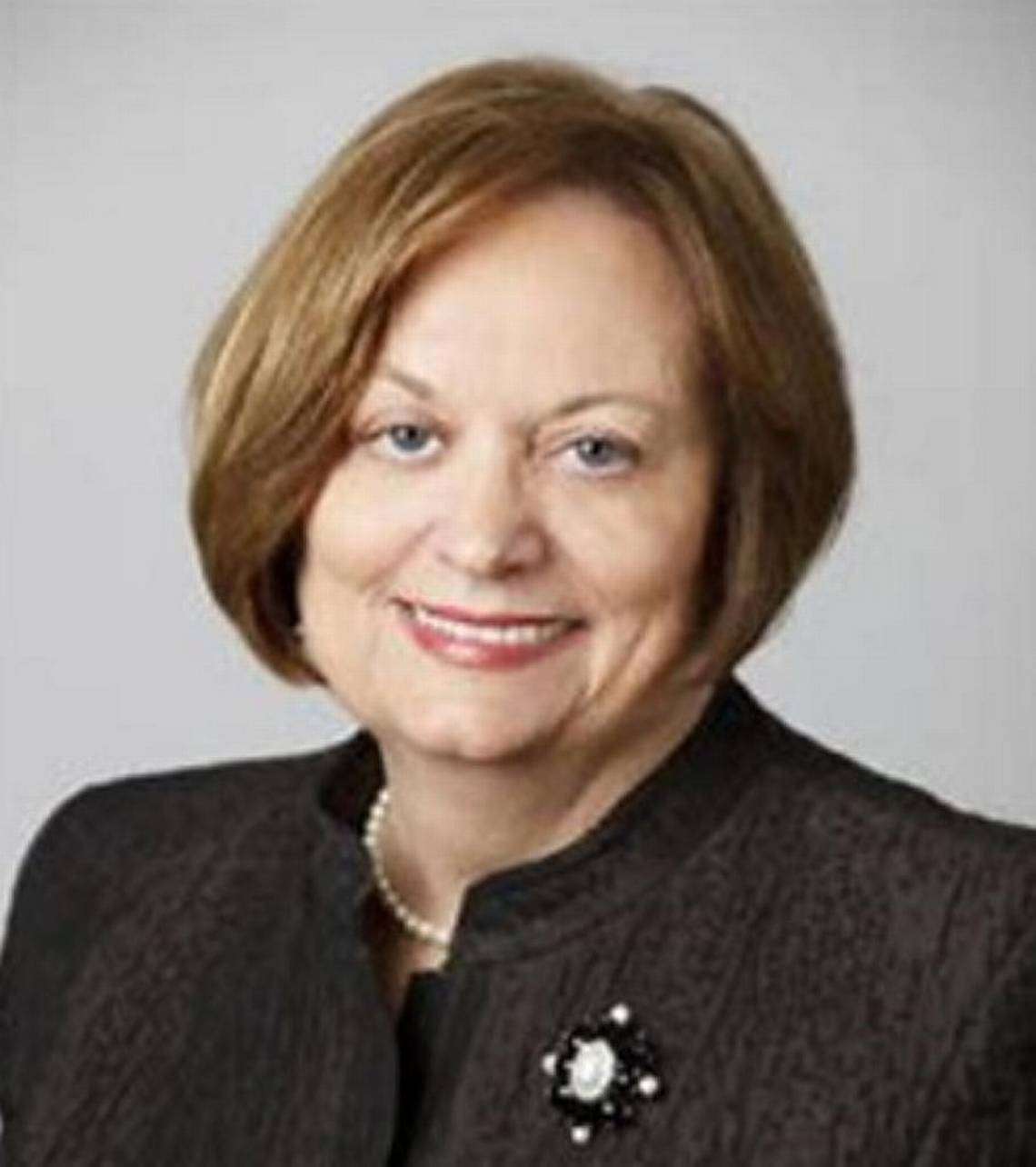
Election results showed us what we’ve always known—Kansas is a Republican state. The much anticipated Democratic Party sweep didn’t materialize despite large scale voter turn-out. Except, that is, in the two contested races for seats on the Kansas State Board of Education.
Unofficial returns show Democrat Melanie Hass defeated Republican Benjamin Hodge for an open seat in District 2 that includes Johnson and part of Wyandotte counties, and in a tight race Democrat Betty Arnold, holds an edge over incumbent Kathy Busch.
Races were held this year in five districts for seats on the 10 member KSDE board. Three of the five open seats were held by Republicans who ran unopposed in the general election. The District 2 seat opened when Steve Roberts resigned to run for another office, leaving only the District 8 race to be decided between a Republican incumbent and a Democrat challenger. An incumbent board member has not been defeated in any district since 2012.
With 91,634 votes counted, Arnold is currently the unofficial winner leading Busch by 51% to 49% or 1,734 votes. Official results are not yet announced. It’s possible for Bush to win, but Arnold’s lead likely will hold when official results are released. Then the board membership would shift from two Democrats and eight Republicans to four Democrats and six Republicans.
The shift in representation is not as important as it might appear. The KSDE board has long operated largely as a consensual body rather than by division along party lines. The hotly debated vote this summer over whether to support the governor’s plan to delay schools opening statewide did not end in a party-line vote. The board generally has worked together to resolve challenges facing schools, not represent political party views, and this has served Kansas well.
State board elections are important this year because of the pandemic’s impact on public education. Voters chose change over tradition.
What do the new board members-elect bring to the table? As candidates, both Haas and Arnold said working through the pandemic deserved top priority.
Haas is a technology executive and entrepreneur. She is a longtime volunteer for programs that introduce children to technology and problem solving. Her insights can strengthen the board’s work to extend distance learning.
Arnold is not a newcomer to elected office. She served on the Wichita school board from 2007 to 2018 and chaired the board twice. As an African American, Arnold brings diversity to the KSDE board since a person of color has not served on the board for the past two years. Arnold has expressed concern about COVID’s impact on the workload of teachers and her experience can strengthen support on issues important to teachers.
Health and safety of Kansans must come before the goal of statewide return to fulltime school. Easing the fluctuating triple workload of remote, hybrid and in-school instruction for teachers and students is the current challenge and increasing the number of qualified teachers is not an easy option at this point. While no “cure-all,” new ideas for stepping up electronic technology access and skills training and easing the increased teacher workload can help public schools respond to vacillating COVID infection rates while supporting student learning.
The voters chose change and the background and experience of the board members-elect will bring new voices to KSDE board decision making.
Sharon Hartin Iorio is Dean Emerita Wichita State University College of Education.






